Could we eradicate all diseases? With AI to help, scientists have been making some astonishing breakthroughs. But some experts doubt that we can find the answer to everything.
Seven great medical advances of 2024
 Stepping forward: Tech billionaire Mark Zuckerberg wants to end all illness by the end of the century, whilst Microsoft has lofty aims to solve cancer using AI.
Stepping forward: Tech billionaire Mark Zuckerberg wants to end all illness by the end of the century, whilst Microsoft has lofty aims to solve cancer using AI. Glossary
Mark Zuckerberg - Since founding Facebook as a university student, Zuckerberg has become one of the top ten richest people in the world.
Paediatrician - A doctor who works with children.
NHS - The National Health Service, the publicly funded healthcare system in the UK. The NHS was founded in 1948.
Schizophrenia - A mental illness often accompanied by delusions and hallucinations. The term derives from two Greek words meaning "divided" and "mind".
EpiPen - A medical device that injects a dose of adrenaline to people suffering from severe allergic reactions.
Opioids - A group of pain-relieving medicines that can be made from poppy plants. They can be highly addictive.
Molecules - Two or more atoms connected by chemical bonds.
Synthetic - An artificial substance or material. It is made by humans using chemical processes, rather than occurring naturally.
Peptides - Chemicals made of short chains of amino acids.
Neurons - Neurons, also known as nerve cells, are cells in the nervous system that use chemical or electrical signals to transmit information throughout the body.
Mutation - Changes caused by errors in gene copying.
AI - A computer programme that has been designed to think.
MIT - Massachusetts Institute of Technology in Boston, USA, is one of the most most prestigious universities in the world.
X-rays - A form of high-energy electromagnetic radiation. They are emitted by extremely hot gases.
Mumps - A viral infection that causes swelling in the face. It can be serious.
Measles - A very contagious infection that causes rash and flu-style symptoms.

